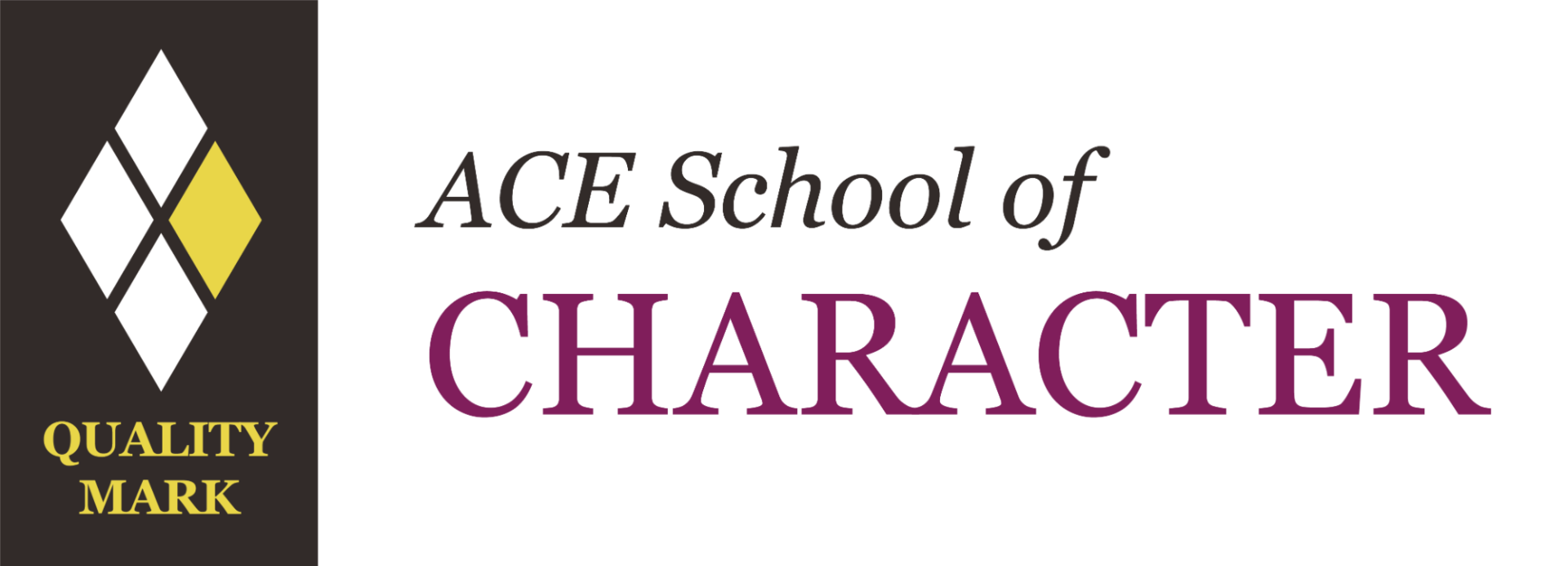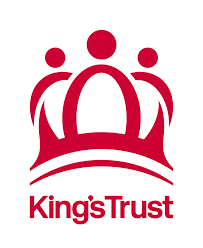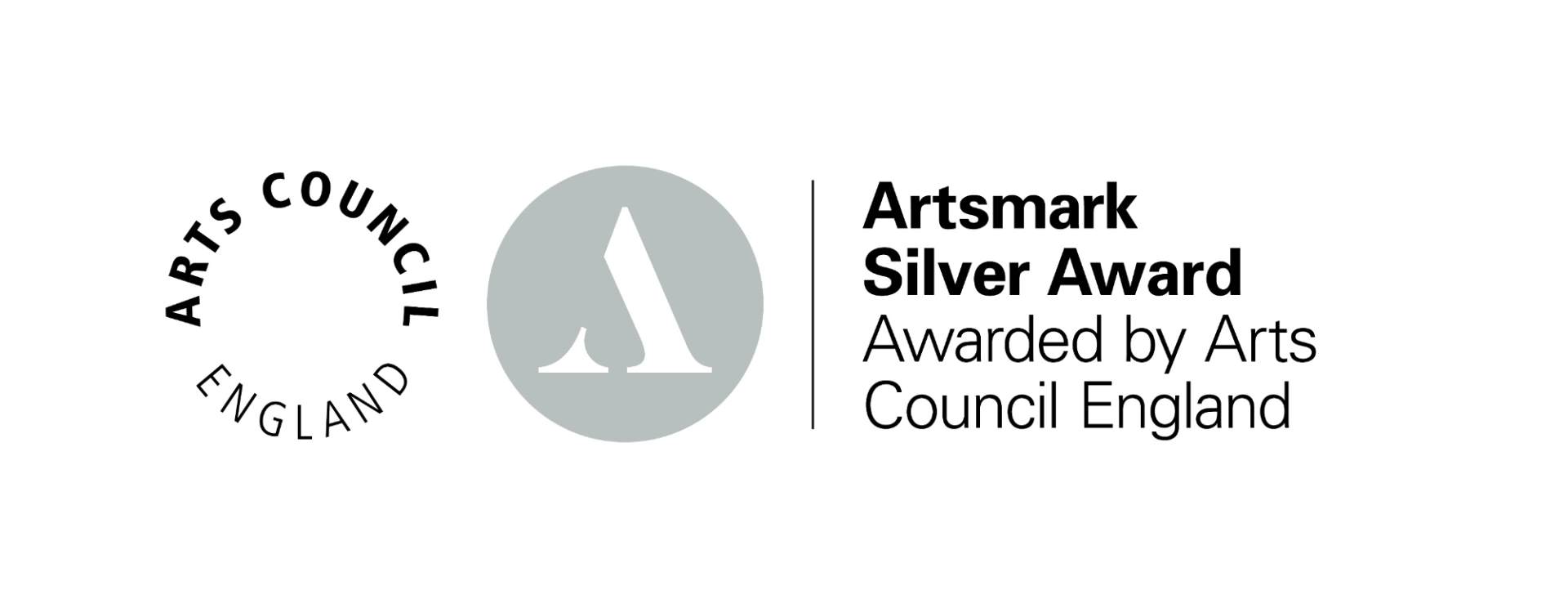Physical Education and Sport
Curriculum Lead
Mr R Mellor - Curriculum Lead P.E.
Overall Curriculum Principles & Intent
In PE the curriculum is designed in order to promote engagement in a range of different physical activities and theoretical knowledge of the benefits of a healthy active lifestyle and to promote a lifelong love of sport.
We aim to develop students deep understanding of the physical, social, emotional and mental health benefits of physical activity. Students are then able to use this as a vehicle to improve these aspects.
We aim for students to leave The Adeyfield Academy knowing which activities they enjoy, how to improve their physical fitness and the further education and career pathways within the sports industry.
We aim to provide students with opportunities to participate in competitive sport within school, in external competitions and offering guidance, support and encouragement to those wishing to compete at a higher level.
Our curriculum here at The Adeyfield Academy is inclusive for all abilities and reflect our 5 core values by being courageous in engaging in a range of activities. Being respectful and compassionate whilst working with peers. Students demonstrate ambition to work to the best of their abilities and dignity when conducting themselves in sporting activities.
Within Key Stage 3, students are exposed to a broad and balanced curriculum which provides them with the opportunity to understand and apply the fundamental skills which underpin sports performance. In theory lessons, students will gain the knowledge and skills to begin to access GCSE PE / BTEC Sport content through stretch and challenge tasks.
Within Key Stage 4, we provide opportunities for students to widen their knowledge base within the subject through both GCSE PE, BTEC Sport and WJEC Sport and Coaching Principles courses which provide suitable routes for all students to progress to further education.
Key Stage 4 GCSE & WJEC Specifications
GCSE PE
Exam Board: AQA
Specification No: 8582
Course Content
Theory (60%) - Students will develop knowledge of the key body systems and how they impact on health, fitness and performance in physical activity and sport. Students will study the psychological factors that can affect performers in physical activity and sport.
Practical (40%) - Students will be assessed in three different physical activities in the role of player/performer. Students will be assessed on their analysis and evaluation of performance to bring about improvement in one activity
Mode of Assessment
There are 3 modes of assessment:
- Exam 1: The human body and movement in physical activity and sport (30%)
- Exam 2: Socio-cultural influences and well-being in physical activity and sport (30%)
- Non- exam assessment: Practical performance and performance analysis assessment (40%)
Why Study this Course?
- Develop a broader understanding of healthy lifestyles, leadership, anatomy and physiology, the role sport has in society and to develop your practical skills.
- Enjoy studying a subject that has both theory and practical elements.
- A great option to progress and study Sport or PE on a further education course after Year 11.
- Gain confidence in leading groups of people and developing your practical ability in a selection of sports that you can choose.
Students will receive a well-rounded introduction to the world of PE, sport and sport science through the combination of physical performance and academic challenges. The content is both interesting and challenging.
Progression Routes
If successful at the GCSE course, there are a number of progressions routes students can take. We offer BTEC level 3 which offers a further insight into sports leadership, sports development and the sports industry. Other routes are A Level PE. Both routes can open the door to university in the fields of physiotherapy, sports injury, sports science, personal training and the sports industry.
WJEC Sport & Coaching Principles (Tech Award)
Course Content:
The WJEC Sport and Coaching Principles (Tech Award) specification combines both practical and theoretical content.
- Written Exam (40% of total grade) Students will develop knowledge of the key body systems and how they impact on health, fitness and performance in physical activity and sport. Students will study the training principles .
- Non-Exam Assessment (60% of total grade) Students will be assessed in two different physical written assessments. They will be required to complete these written assessments electronically in school and will be under exam conditions.
Mode of Assessment:
There are 3 modes of assessment:
External Exam: Fitness for Sport - 1 hour 25 mins (40%) Topics include:
• 1.1 Structure, functions and adaptations to the body’s systems in relation to sport, exercise and physical activity
• 1.2 The importance of the components of fitness for different physical activities
• 1.3 The role of training in achieving improvements in fitness
Non-exam assessment Unit 2: Improving Sporting Performance - 4 hours total time (30%) This is internally assessed and externally moderated. Topics include:
• 2.1 Factors affecting sporting performance
• 2.2 Analysis of sporting performance
Non-exam assessment Unit 3: Coaching Principles (40%). This is internally assessed and externally moderated. Topic include:
• 3.1 Knowledge of the skills and responsibilities of a sports coach
• 3.2 Understanding the coaching process
• 3.3 How to coach
• 3.4 Reviewing coaching performance
Progression Routes:
• Students will develop a broader understanding of healthy lifestyles, leadership, anatomy and physiology, the role sport has in society and to develop their practical skills
• This course incorporates both theory and practical elements
• This course provides excellent progression opportunities to study Sport or PE on a further education course after Year 11.
• Students will gain confidence in leading groups of people and developing their practical ability in a selection of sports that they can choose
There are a number of progression routes students can take once they have completed this WJEC Tech Award. At The Adeyfield Academy we offer the A Level PE which allows students to continue on to University if chosen and can lead to employment in Physiotherapy, Sports Injury, Sports Science, Personal Training and many other roles within the sports industry.
Key Stage 5 A Level PE
BTEC Nationals Level 3 Extended Certificate in Sport
Level of Course: 3
This course aims to develop the students knowledge of a range of factors associated with physical activity and sports performance. This includes areas such as anatomy and physiology, biomechanics, sports psychology, and the role of sport in modern society.
The A-level in physical education is an attractive course for those students aiming to progress into higher education to study courses such as physiotherapy, sports therapy and sports science.
Course Content:
The course covers a broad and thorough range of topics during the course:
- Applied anatomy and physiology
- Skill acquisition
- Sport and society
- Exercise physiology
- Biomechanical movement
- Sport psychology
- Sport and society and the role of technology in physical activity and sport
Mode of Assessment:
Students must complete two externally assessed exams. Both exams are 2 hours and have a maximum of 105 marks totaling 35% each of the overall a-level. Both papers comprise of multiple choice, short answer and extended writing questions.
Paper 1: Factors affecting participation in physical activity and sport
• Section A: Applied anatomy and physiology (35 marks)
• Section B: Skill acquisition (35 marks)
• Section C: Sport and society (35 marks)
Paper 2: Factors affecting optimal performance in physical activity and sport
• Section A: Exercise physiology and biomechanics (35 marks)
• Section B: Sport psychology (35 marks)
• Section C: Sport and society and technology in sport (35 marks)
Practical performance in physical activity and sport:
All students must be assessed as a performer or coach in a full sided version of one activity and also complete a written / verbal analysis of performance.
This section is internally assessed and externally moderated and totals 90 marks which is 30% of the overall A-level.



















